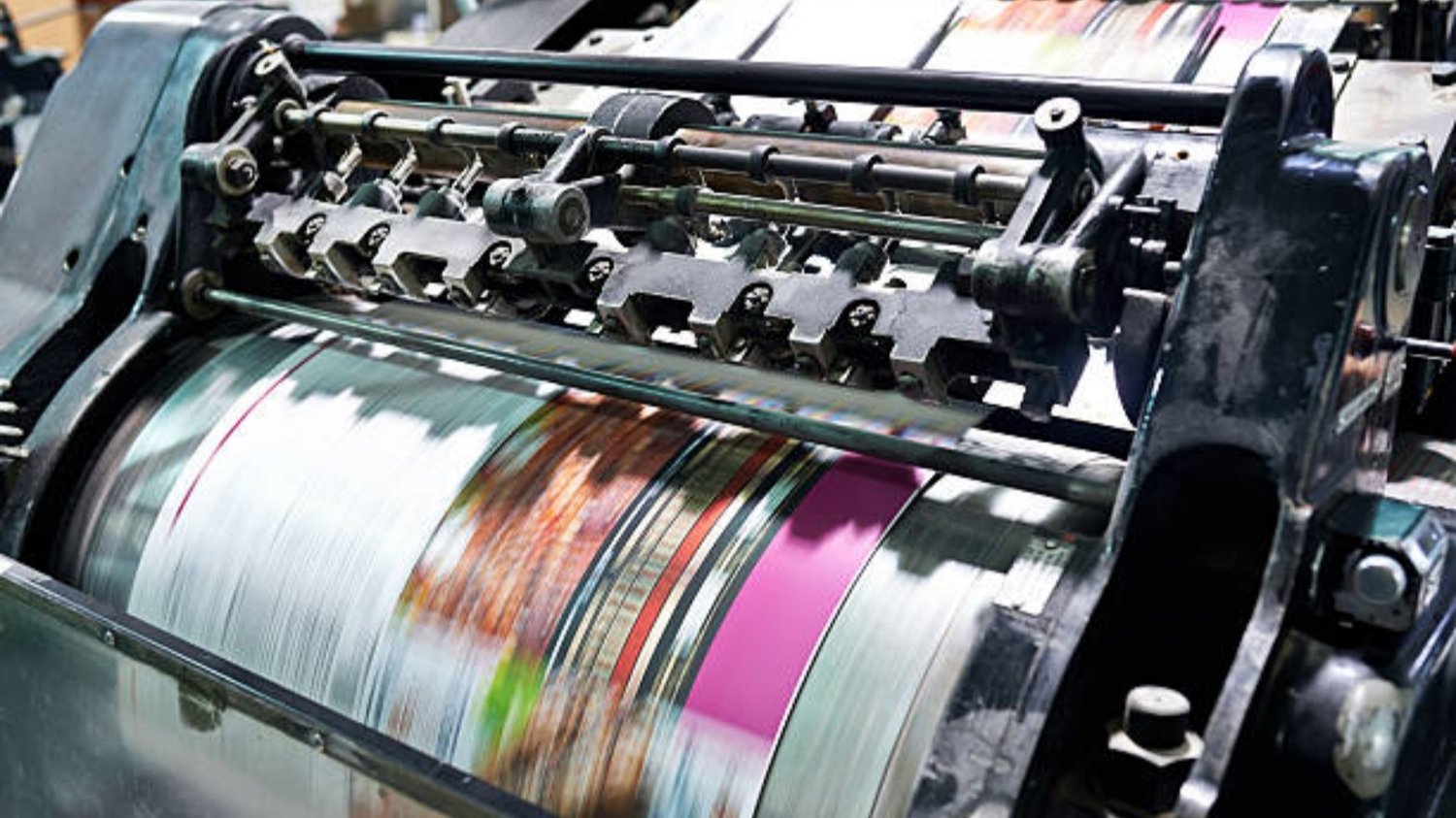Roller processing company: A Comprehensive Guide to Roller Processing
Roller processing plays a crucial role in various industries, including manufacturing, printing, packaging, and more. As a vital component in machinery and equipment, rollers require careful processing to ensure their optimal performance. In this article, we will explore the different aspects of roller processing and how it contributes to the overall efficiency and productivity of a roller processing company.
1. The Importance of Roller Processing
Rollers are used in countless applications, from conveyor belts and printing presses to industrial machinery and laminators. The quality of roller processing directly influences the performance, durability, and reliability of these machines. By ensuring precise dimensions, proper surface finishes, and appropriate material selection, roller processing companies can produce rollers that meet the stringent requirements of various industries.
2. Roller Material Selection
Choosing the right material for rollers is vital to their performance and longevity. Roller processing companies often work with a wide range of materials, including metals, plastics, and composites. Factors such as load-bearing capacity, chemical resistance, temperature resistance, and friction characteristics are considered when selecting the most suitable material for a specific application. The expertise of a roller processing company in material selection is crucial to ensure optimal performance.
3. Precision Machining Techniques
Precision machining is a key aspect of roller processing. It involves the use of advanced machinery and techniques to achieve accurate dimensions, tight tolerances, and smooth surfaces. CNC (Computer Numerical Control) machining is commonly employed in roller processing companies to ensure consistency and precision throughout the production process. This level of precision is crucial for rollers to function smoothly and efficiently in their respective applications.
4. Surface Finishing for Enhanced Performance
The surface finish of rollers greatly influences their functionality. Roller processing companies employ various surface finishing techniques, such as grinding, polishing, and coating, to enhance the performance and longevity of rollers. These processes can improve the roller's resistance to wear, reduce friction, and facilitate better material transfer. The choice of surface finishing technique depends on the specific requirements of the roller's application.
5. Roller Balancing for Smooth Operation
Roller balancing is a critical step in roller processing to ensure smooth operation and prevent excessive vibration. Balancing techniques involve removing material strategically from specific areas of the roller to achieve an even distribution of mass. Properly balanced rollers minimize noise, reduce wear on machinery, and increase overall operational efficiency. Roller processing companies utilize advanced balancing equipment to achieve optimal results.
6. Quality Control in Roller Processing
Quality control is of utmost importance in roller processing. Roller processing companies implement stringent quality control measures to ensure that every roller meets the required specifications. This involves thorough inspections, dimensional checks, and functional tests to guarantee the reliability and performance of the rollers. Quality control procedures are essential to maintain customer satisfaction and uphold the reputation of the roller processing company.
7. Customization Capabilities
Roller processing companies understand that different industries have unique requirements. Therefore, they offer customization capabilities to tailor rollers according to specific applications. This includes modifying dimensions, materials, surface finishes, and other parameters to meet the precise needs of customers. The ability to provide customized rollers sets a roller processing company apart, as it demonstrates their flexibility and commitment to meeting customer demands.
8. Collaborative Approach with Clients
Successful roller processing companies adopt a collaborative approach with their clients. They work closely with customers to understand their specific needs, offer expert advice, and provide solutions that optimize roller performance and efficiency. By fostering strong relationships with clients, roller processing companies can ensure customer satisfaction and establish long-term partnerships based on trust and mutual success.
9. Environmental Considerations in Roller Processing
Roller processing companies are increasingly adopting environmentally friendly practices to minimize their impact on the planet. They strive to reduce waste, recycle materials, and utilize energy-efficient manufacturing processes. By implementing sustainable initiatives, roller processing companies contribute to a greener future while maintaining their commitment to quality and performance.
10. Continuous Improvement and Innovation
To stay ahead in the competitive roller processing industry, companies must embrace continuous improvement and innovation. Investing in research and development allows roller processing companies to explore new materials, improved processing techniques, and cutting-edge technologies. By continuously pushing the boundaries, roller processing companies can offer enhanced products and services to meet the evolving needs of their customers.

